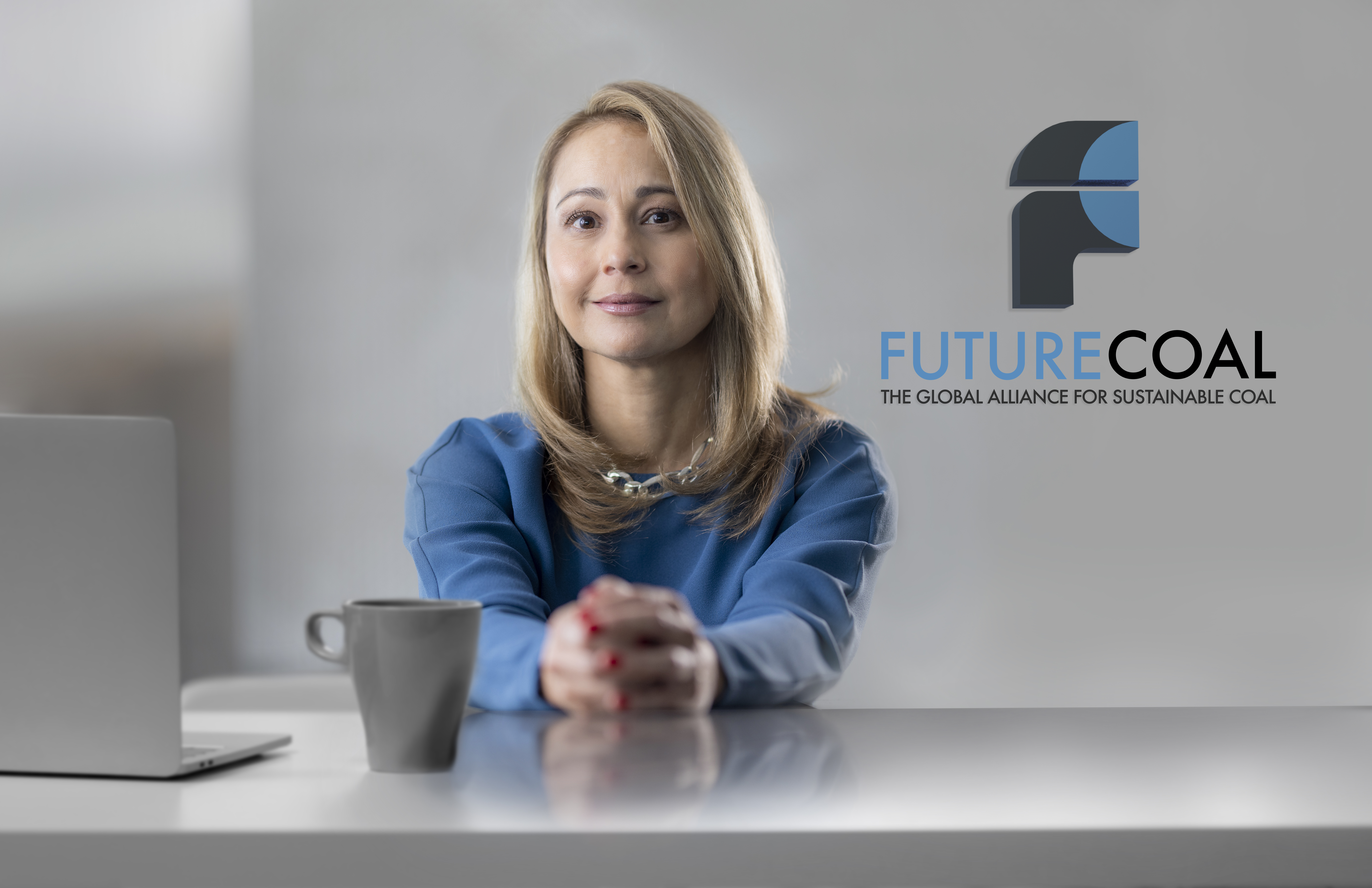
FutureCoal is the Global Alliance for Sustainable Coal and the world’s only coal multi-lateral and neutral representative organisation.
-
Our organisation recognises that the continued total coal contribution cannot be ignored but equally it can only be secured by integrating a modernised, innovative and technology led UNITED coal value chain, focused on continuing to make a substantial future contribution to people’s lives and livelihoods.
-
FutureCoal represents a fresh and united coalition of coal leaders across the globe and value chains dedicated to building a sustainable future for coal through genuine transformation.
Our Foundations
Support all fuels and technologies:
We encourage the sovereign rights of all coal producing and consuming nations and those nations which seek to genuinely support them.
Represent the entire coal value chain:
It will encompass thermal, metallurgical, renewable supply chains, and coal innovation sectors with corporate members and national partners in coal economies and markets.
Collaborate and amalgamate:
We support progressive coal and coal allied sector stakeholders to deliver on global economic, social and environmental ambitions.

Pillars of FutureCoal strategy
-
Differentiation
FutureCoal Global Alliance represents a body of like-minded coal value chain participants who promote responsible education and transformation across the coal value chain through modernisation and deployment of abatement technologies and processes.
-
Demonstration
FutureCoal Global Alliance participants are actively engaged in creating a future for the sustainable coal value chain and the communities which benefit from its existence.
-
Modernisation
FutureCoal participants strive for greater resilience and sustainability, advocating a future where coal plays its role through industry-wide modernisation via technology and collaboration that enhances coal’s total contribution to our environment and society.
-
Alliance
The Alliance stands together as Producers (thermal and metallurgical), Consumers (power, steel, cement, aluminium, fertilisers, chemical, technologists), Suppliers, Governments, and Investors across all coal direct and allied industries.
Our Philosophy
Sustainable Coal Stewardship
Sustainable Coal Stewardship (SCS) offers a pathway to maximise the value extracted from each tonne of coal.
It represents an approach, intention, and an encompassing perspective on the opportunities for emissions reduction within the coal value chain. SCS encourages the modernisation and transformation of coal-related businesses to align with and advance the evolving needs of our global society.
It aims at:
-
Supports the right to choose.
-
Establishing a coal ecosystem that encompasses various options, including efficiency improvements, process enhancements, health and safety measures, emissions reduction, carbon abatement, waste management, recycling, land rehabilitation, and technological innovation.